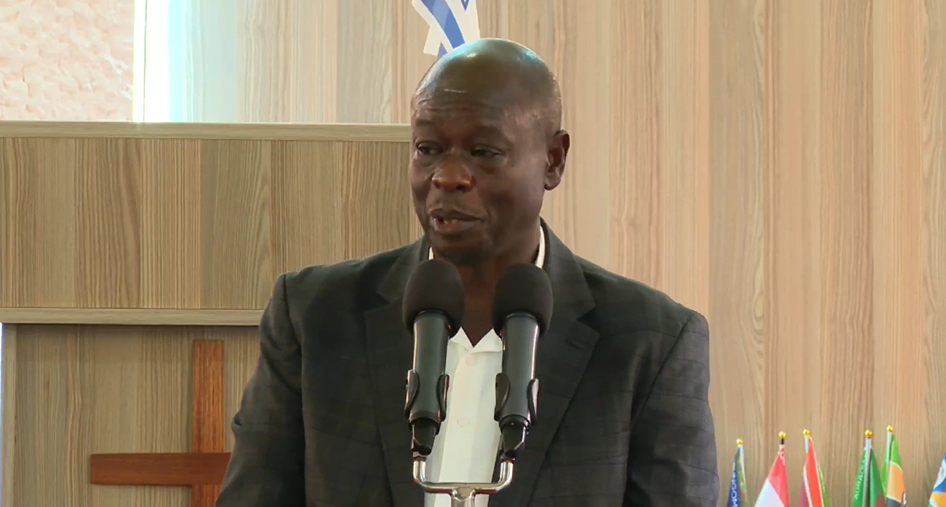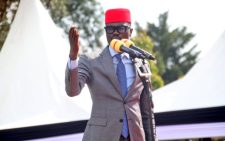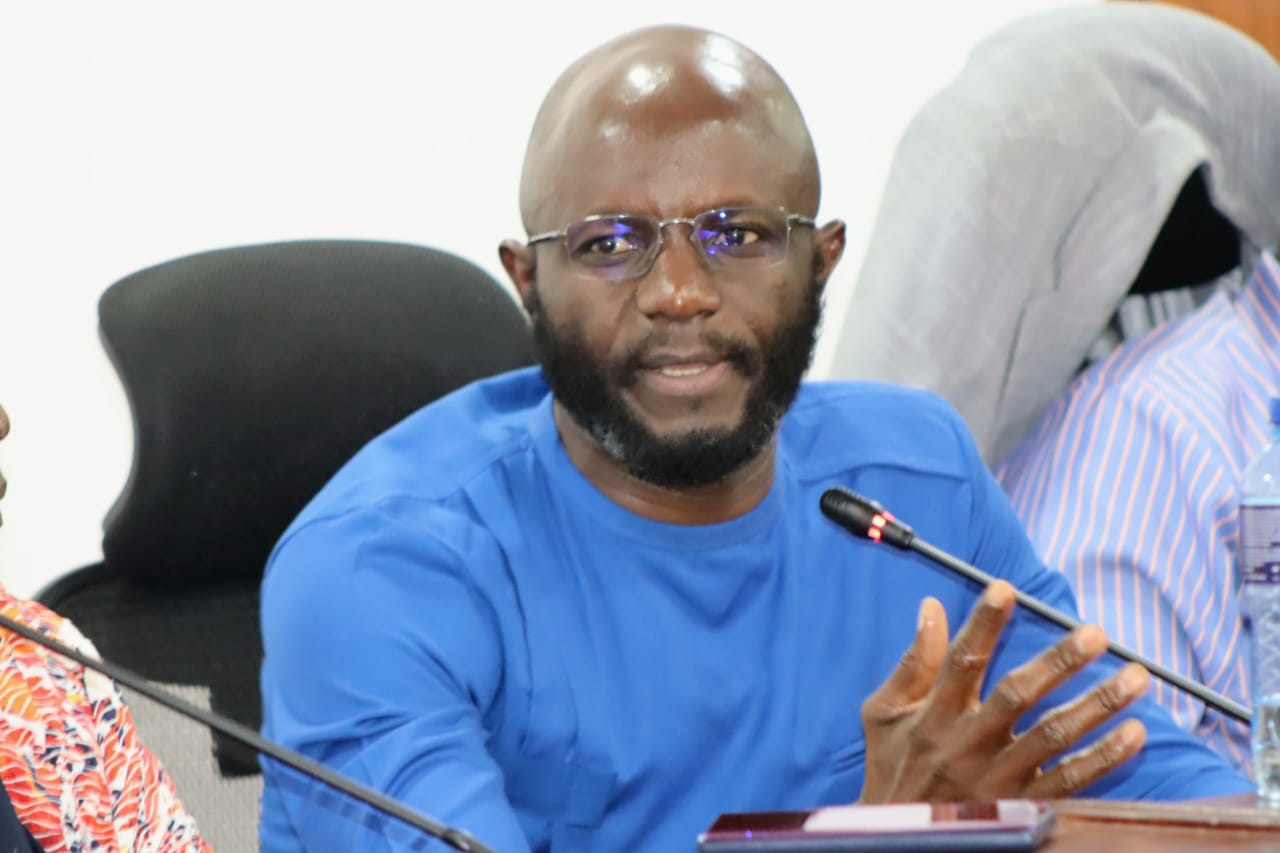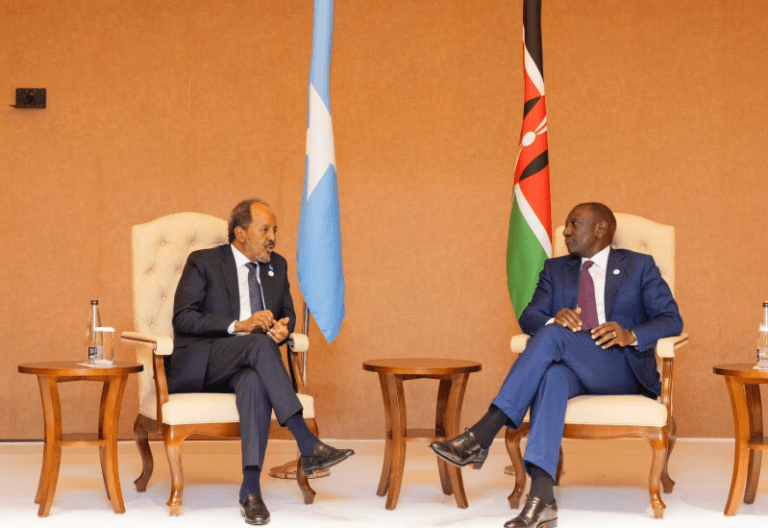Why ‘selfless’ workers are professionally exploited
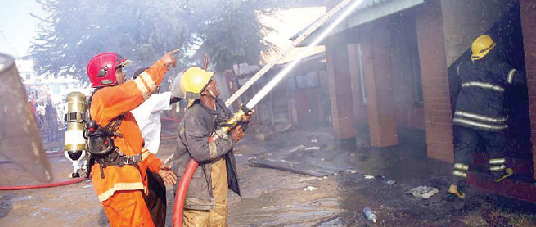
The “heroisation” of certain professions has ironic effects on their workers’ earning potential. Few people would deny that some professions command a certain reverence. Veterans, firefighters, health workers and teachers ensure our security, save our lives and nurture future generations. It’s little wonder that we label them as “heroes” – a word that evokes the strength and selflessness that seem evident in the day-to-day responsibilities of these jobs.
The warmth of these sentiments may be appreciated, but recent research suggests that the hero label is also loaded with unhelpful assumptions about these workers’ personal needs and ambitions.
People largely assume, for instance, that heroes simply don’t care so much about things like fair compensation for the work that they do. “This is a clear fallacy in inferential reasoning and logic,” explains Matthew Stanley, a post-doctoral research associate at Fuqua School of Business at Duke University, US.
The consequences in the workplace can be serious. Stanley’s research suggests that “heroisation” may lead to poorer remuneration, and it can lead others to turn a blind eye to policies that result in worse working conditions. “We’re less concerned about poor treatment,” says Stanley, “if the people who are being exploited are ‘heroes’.”
Double-edged swords
Stanley was inspired by the experiences of healthcare workers during the early stages of the Covid-19 pandemic. Many people in his social circle – including his wife – were struggling under the workload, and felt that they were not given the support they needed. “Politicians would trot out the ‘hero label’ as praise and appreciation, but it felt pretty empty,” he says.
As a psychologist, Stanley began to wonder whether the very idea of the selfless hero might contribute to their needs being overlooked. If so, this would influence the conditions in many professions besides medicine. Working with Aaron C Kay, a professor at the Fuqua School of Business, he has since designed a series of studies to probe people’s assumptions about “heroic” professions. The result is a couple of highly intriguing papers, the first of which was published in the Journal of Personality and Social Psychology last year.
In their initial two surveys, Stanley and Kay confirmed people consider veterans far more heroic than the average US citizen, and that this was linked to perceptions of selflessness and self-sacrifice.
“People think about them in incredibly positive terms: they want them as friends, coworkers and neighbours,” says Stanley. “They’re the quintessential heroes group.”
The psychologists next examined people’s perceptions of the jobs that veterans should seek after leaving the military. In various questionnaires, participants assumed that veterans would find a better fit in roles involving the service of others – such as being fundraiser, paramedic or home-health aide – than in higher-paying positions that are associated with greater self-interest, such as being a private banker or insurance agent.
Stanley and Kay saw very similar responses when participants were asked to consider how well veterans would fit into specific organisations. Sure enough, the research subjects assumed someone from the military would be better suited to a job at Habitat for Humanity – a charity that helps build homes for low-income families – over the multinational investment bank Goldman Sachs.
Crucially, the researchers found that reinforcing the hero stereotype increases the size of the effect. When the participants saw a logo saying “hire our heroes” alongside their questionnaires, for example, they were even more likely to endorse charity work for the veterans.
Some veterans may genuinely prefer a lower-paying job that involves serving others, of course – but there will be a large variation in people’s tastes. Stanley suspects these underlying assumptions could unfairly “nudge” individuals into those professions that fit the selfless stereotype. It is easy to imagine how the hero stereotype might influence the career advice they receive, for instance, or employers’ recruitment decisions, so that they have a greater chance of heading into those occupations rather than other industries.
Stanley and Kay’s second paper looked at the ways that heroisation may encourage exploitation at the workplace across many different fields, such as teaching, nursing, social work and policing.
Participants were first asked to rate whether the typical worker in each profession was a hero, on a scale of one (definitely no) to seven (definitely yes). They then had to judge how likely that person would be to volunteer to work an extra day without any reward. As expected, the participants’ responses were correlated. When the participants considered a job to be heroic, they had much higher expectations that the workers would sacrifice their day off for free.
Open to exploitation
The researchers’ final experiments studied the participants’ opposition to policies that would harm workers’ rights. Would the hero label reduce or increase people’s outrage at news of teachers’ pay cuts, for example? To find out, the psychologists provided text detailing a policy to cut schools’ budgets, and then asked them to declare their attitude on a scale of one (strongly oppose) to seven (strongly support).
In some cases, the text was accompanied by a cartoon image of teachers dressed in superhero costumes; in others, they simply saw the plain text. You might expect that the natural respect we hold for heroes would reduce support for the pay cuts – but this was not the case. Thanks, apparently, to the associations with selfless altruism, the participants tended to show less opposition to the policy when they saw the picture of the teachers in the capes. “It’s brutally ironic,” says Stanley. “Because of our veneration, we’re more tolerant of them being treated badly.”
